The severity of intervertebral disc herniation and protrusion needs to be determined based on the specific condition, and protrusion is usually more pronounced than protrusion symptoms. Intervertebral disc herniation is a mild lesion where the fibrous ring is not ruptured, while protrusion is a progressive injury caused by the rupture of the fibrous ring leading to the overflow of the nucleus pulposus.
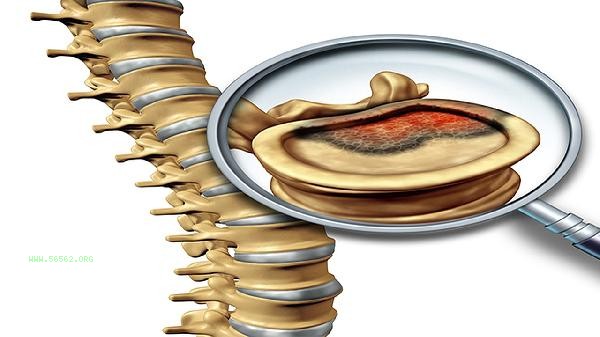
Intervertebral disc herniation is characterized by uniform outward bulging of the annulus fibrosus and failure of the nucleus pulposus to break through the annulus fibrosus. It is commonly seen in long-term poor posture or mild strain. The symptoms are mostly limited to soreness and swelling in the waist, and some patients may experience mild numbness in the lower limbs, which can be relieved through conservative treatment such as traction and massage. Patients with bulging should avoid sitting for long periods of time with heavy loads, strengthen waist and back muscle exercise, and use a hard bed to reduce intervertebral disc pressure.
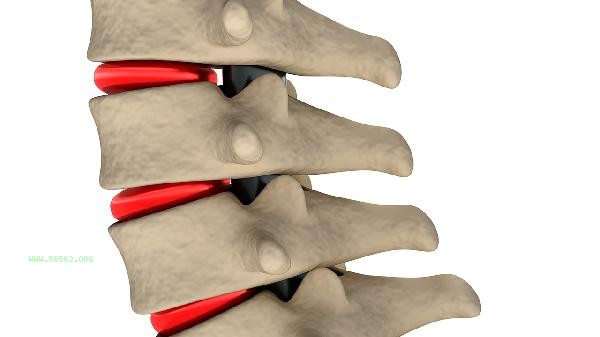
Intervertebral disc herniation can cause severe back pain accompanied by lower limb radiating pain, decreased muscle strength, and even urinary and fecal disorders due to the compression of nerve roots by the nucleus pulposus caused by the rupture of the fibrous ring. In the acute phase, absolute immobilization combined with mannitol dehydration treatment is required, and in severe cases, intervertebral foramen endoscopic nucleus pulposus removal surgery is required. During the recovery period, patients with prominent symptoms should wear waist protection. It is forbidden to bend down and lift heavy objects. acupuncture and moxibustion can be used to relieve nerve adhesion.
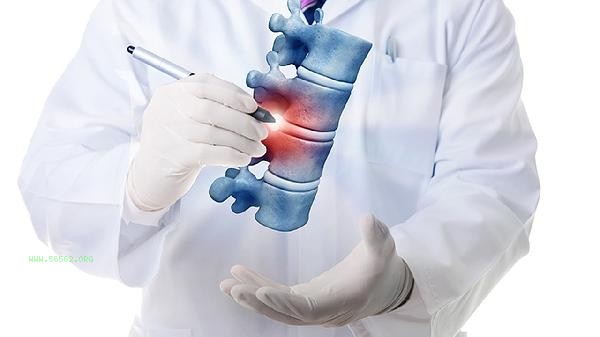
Regardless of whether it is protruding or bulging, it is necessary to avoid prolonged sitting, bending over to carry heavy objects, and other actions. Choose a medium hardness mattress for sleep. During the acute phase of pain, local hot compress can promote blood circulation. In the chronic phase, low-intensity exercises such as swimming and small swallow flying are recommended to enhance the stability of the core muscle group. If there is lower limb weakness or urinary incontinence, seek medical attention immediately to prevent irreversible nerve damage.

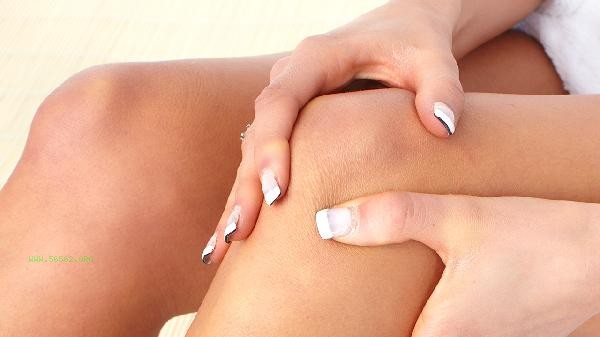
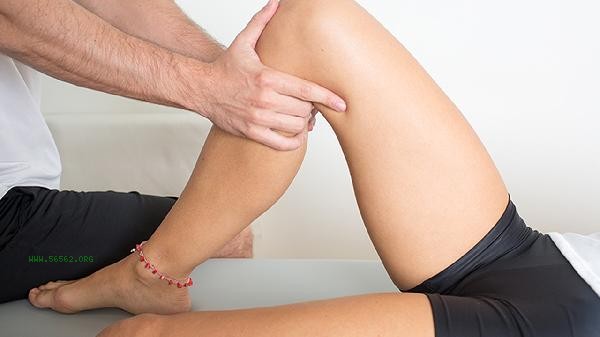
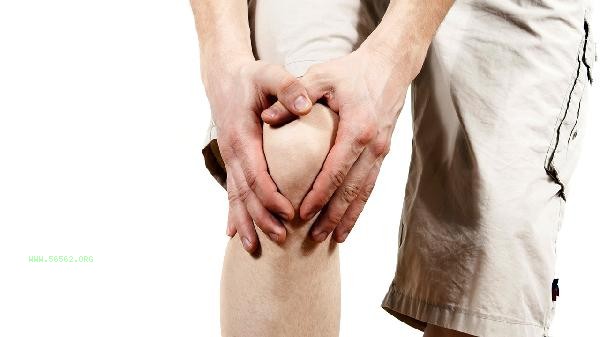

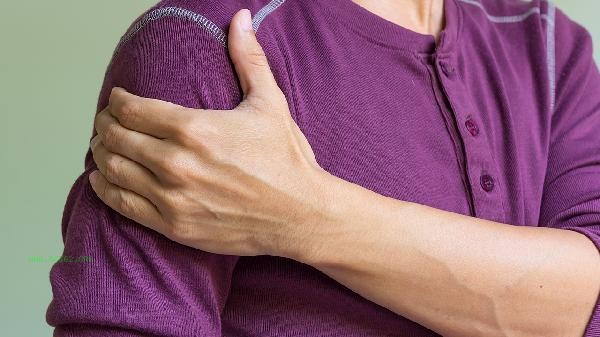



Comments (0)
Leave a Comment
No comments yet
Be the first to share your thoughts!